For most individuals with a basic understanding of IT concepts, the AWS Cloud Practitioner exam is not considered difficult. It’s designed to be an accessible entry point into the world of AWS. However, if you’re coming from a completely non-technical background, you can expect a moderate learning curve.
Here’s a breakdown of the difficulty level from different perspectives:
- For IT professionals with some cloud exposure: The exam will likely feel relatively straightforward. You’ll already be familiar with many of the concepts, and your focus will be on learning the AWS-specific terminology and services.
- For IT professionals new to the cloud: You’ll need to dedicate time to understanding fundamental cloud concepts like IaaS, PaaS, and SaaS, as well as the benefits of cloud computing. Once you grasp these fundamentals, the rest of the material should be manageable.
- For individuals with no IT background: The exam will be more challenging, but certainly not insurmountable. You’ll need to start from scratch, learning basic IT and cloud concepts before diving into the AWS-specific content. With a structured study plan and the right resources, you can pass the exam.
Factors Influencing the Exam’s Difficulty
Several factors can influence how difficult you find the AWS Cloud Practitioner exam:
- Your existing knowledge: If you have a background in IT, networking, or security, you’ll have a significant advantage.
- Your familiarity with cloud computing: If you’ve used other cloud platforms like Azure or Google Cloud, you’ll find it easier to grasp the concepts.
- Your study habits: Consistent, focused study is far more effective than cramming at the last minute.
- The quality of your study materials: Using high-quality, up-to-date study materials is crucial for success.
A Closer Look at the Exam’s Structure and Content
Understanding the exam’s format and the topics it covers is the first step in creating an effective study plan.
Exam Format and Scoring
- Number of questions: 65 multiple-choice and multiple-response questions.
- Time limit: 90 minutes.
- Passing score: 700 out of a possible 1000.
- Cost: 100 USD.
Key Domains Covered in the Exam
The AWS Cloud Practitioner exam is divided into four main domains, each with a different weighting:
- Domain 1: Cloud Concepts (24%)
- This domain focuses on the fundamental principles of cloud computing, including the value proposition of the AWS Cloud, the AWS Well-Architected Framework, and cloud economics.
- Domain 2: Security and Compliance (30%)
- This is the most heavily weighted domain and covers the AWS shared responsibility model, AWS Cloud security, governance, and compliance concepts.
- Domain 3: Cloud Technology and Services (34%)
- This domain covers the core AWS services, including compute, storage, networking, and databases.
- Domain 4: Billing, Pricing, and Support (12%)
- This domain focuses on AWS pricing models, billing, and support options.
Your Roadmap to Success: Acing the AWS Cloud Practitioner Exam
Passing the AWS Cloud Practitioner exam is an achievable goal with the right approach. Here’s a roadmap to help you prepare effectively.
Recommended Prerequisites and Foundational Knowledge
While there are no official prerequisites, AWS recommends that candidates have:
- At least six months of exposure to the AWS Cloud in any capacity (technical or non-technical).
- A basic understanding of IT services and their uses in the AWS Cloud.
If you’re new to IT, consider starting with a foundational IT certification like the CompTIA IT Fundamentals+ to build a solid base.
Proven Study Strategies and Resources
- Official AWS Training: AWS offers a free digital course called “AWS Cloud Practitioner Essentials” that covers all the exam domains. This is an excellent starting point.
- Practice Exams: Taking practice exams is one of the most effective ways to prepare. They help you get familiar with the question format, identify your weak areas, and build your confidence.
- Whitepapers: AWS provides detailed whitepapers on various topics, including the “Overview of Amazon Web Services” and “Architecting for the Cloud: AWS Best Practices.” These are valuable resources for deepening your understanding.
- Third-Party Courses: Many reputable online learning platforms offer comprehensive AWS Cloud Practitioner courses that include video lessons, practice exams, and hands-on labs.
- Hands-On Experience: While not strictly required for the exam, getting hands-on experience with the AWS Cloud is highly recommended. Create a free AWS account and experiment with some of the core services like EC2 and S3.
The Value of Certification: Why the Effort is Worth It
Earning the AWS Certified Cloud Practitioner certification is more than just passing an exam. It’s an investment in your career that can pay significant dividends.
Career Benefits of AWS Cloud Practitioner Certification
- Increased credibility: The certification validates your foundational knowledge of the AWS Cloud, making you a more credible candidate in the job market.
- Expanded career opportunities: The demand for cloud professionals is at an all-time high. This certification can open doors to a wide range of roles in the IT industry.
- Higher earning potential: According to a Global Knowledge survey, AWS certifications can boost a professional’s salary by an average of 25.9%.
- Enhanced professional network: As an AWS certified professional, you’ll gain access to a global community of experts and a variety of networking opportunities.
A Gateway to Advanced AWS Certifications
The AWS Cloud Practitioner certification is the first step on the AWS certification path. Once you’ve earned it, you can pursue more advanced certifications, such as:
- AWS Certified Solutions Architect – Associate
- AWS Certified Developer – Associate
- AWS Certified SysOps Administrator – Associate
These certifications will allow you to specialize in different areas of the AWS Cloud and further advance your career.
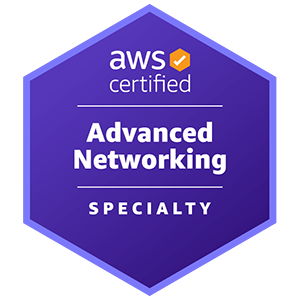



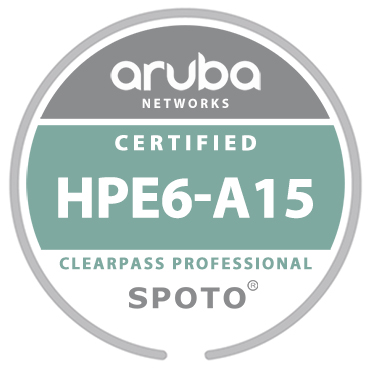
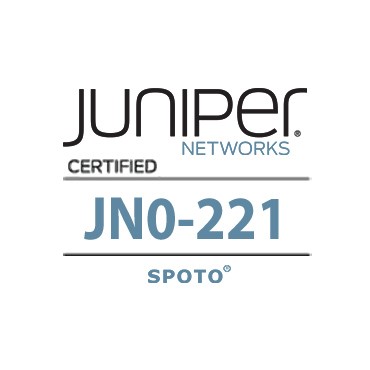


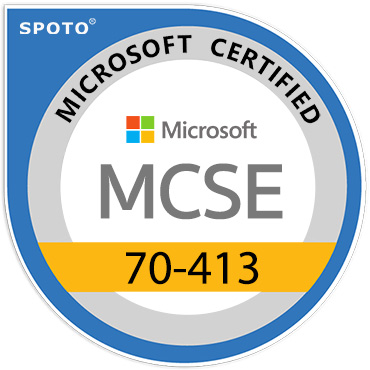

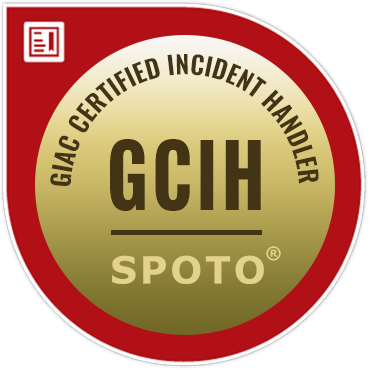

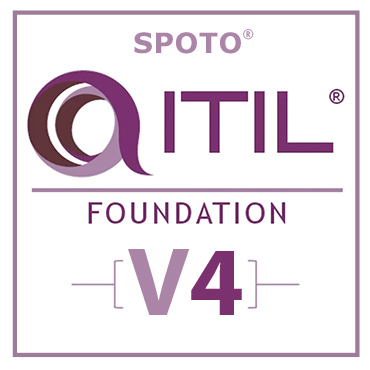





Comments